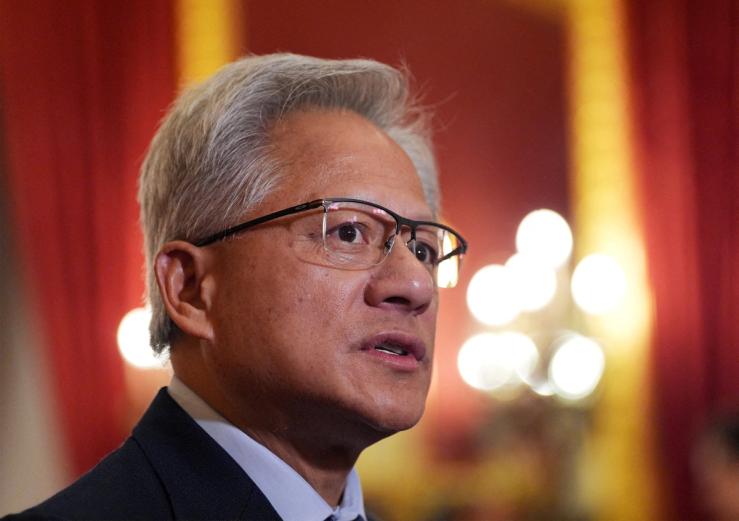Jensen Huang may have walked back his comment on China winning the AI race, but the People’s Republic’s leading tech companies are pushing ahead at full speed. Goldman Sachs expects top firms to spend more than $70 billion next year on infrastructure like data centers and chips. While that’s only a fraction of the US’ planned investment for 2026 — pegged around $490 billion — the funding points to China’s growing supply chain and reinforces its increasing self-sufficiency. Chinese companies traditionally shell out 50% to 75% of their capital expenditures on foreign chips, Goldman said — money that will begin to be reinvested in Chinese producers.
Also this week, Alibaba-backed startup Moonshot launched a new model — just four months after its last release — that cost only $4.6 million to train, compared to the billions spent by US competitors, according to CNBC. It claims to outperform ChatGPT in understanding what a user wants with limited context.
The announcement piggybacks off of the success of DeepSeek, also reportedly trained cheaply. If Chinese AI models are cheaper than US versions, American tech superiority may be a minor selling point because most businesses across the world aren’t looking for AGI-level capabilities. Products that are good and cost-friendly, versus ones that are mind-blowing and expensive, could determine global AI dominance.

